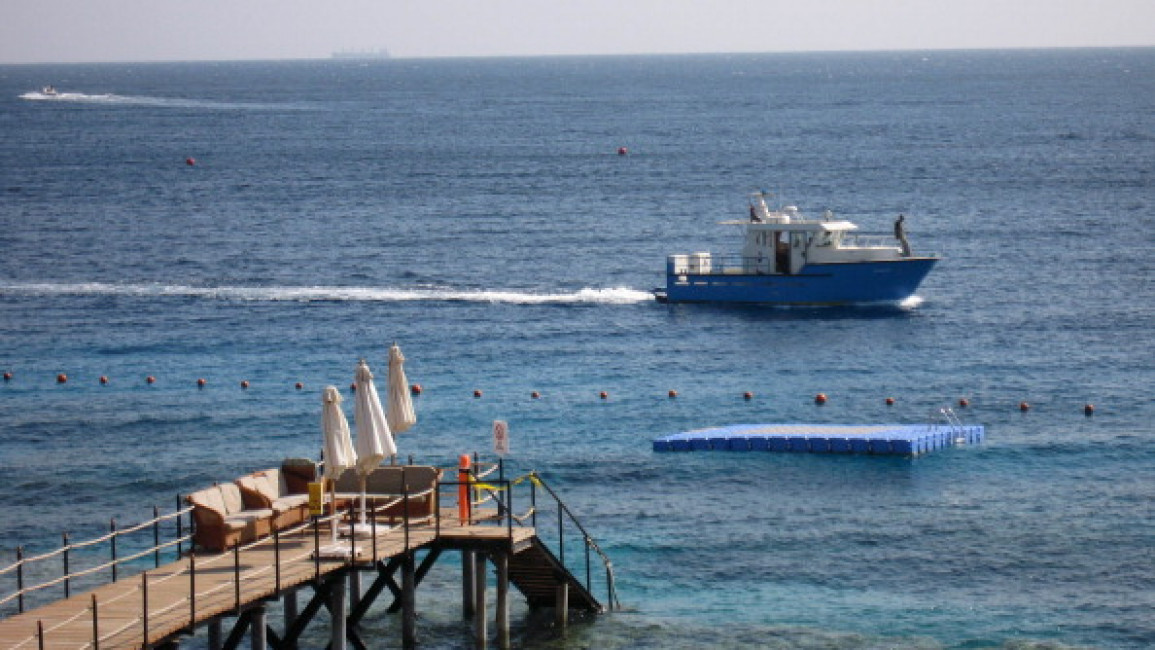Shark attack kills two women in Egypt's Red Sea: ministry
Two women were killed in a shark attack in a resort town on Egypt's Red Sea coast, the environment ministry said Sunday, after a video said to be of one the attacks emerged.
"Two women were attacked by a shark while swimming" in the Sahl Hasheesh area south of Hurghada, the Egyptian ministry said on Facebook, adding that they had both died.
The statement did not provide any detail on their identities.
But Red Sea governor Amr Hanafi had ordered on Friday the closure of all beaches in the area for three days after "an Austrian tourist had her left arm torn off, seemingly in a shark attack".
Social media users on Friday had shared a video - the authenticity, date and location of which AFP could not independently verify - showing a swimmer struggling before what appeared to be a pool of blood emerged around her.
A task force is working to "identify the scientific causes and circumstances of the attack" and determine "the reasons behind the shark's behaviour that resulted in the incident", the environment ministry said.
The Red Sea is a popular tourist destination, where sharks are common but rarely attack people swimming within authorised limits.
In 2018, a Czech tourist was killed by a shark off a Red Sea beach. A similar attack killed a German tourist in 2015.
In 2010, a spate of five attacks in five days unusually close to the shore of tourist hotspot Sharm el-Sheikh killed one German and injured four other foreign tourists.
Egypt is currently struggling to overcome rising inflation and a recent currency depreciation.
The country relies heavily on tourism revenues from the Red Sea, which accounts for some 65 percent of tourists visiting the country.
The tourism industry has been battered by successive blows over the past decade, including the country's 2011 uprising, ensuing unrest and the coronavirus pandemic.



